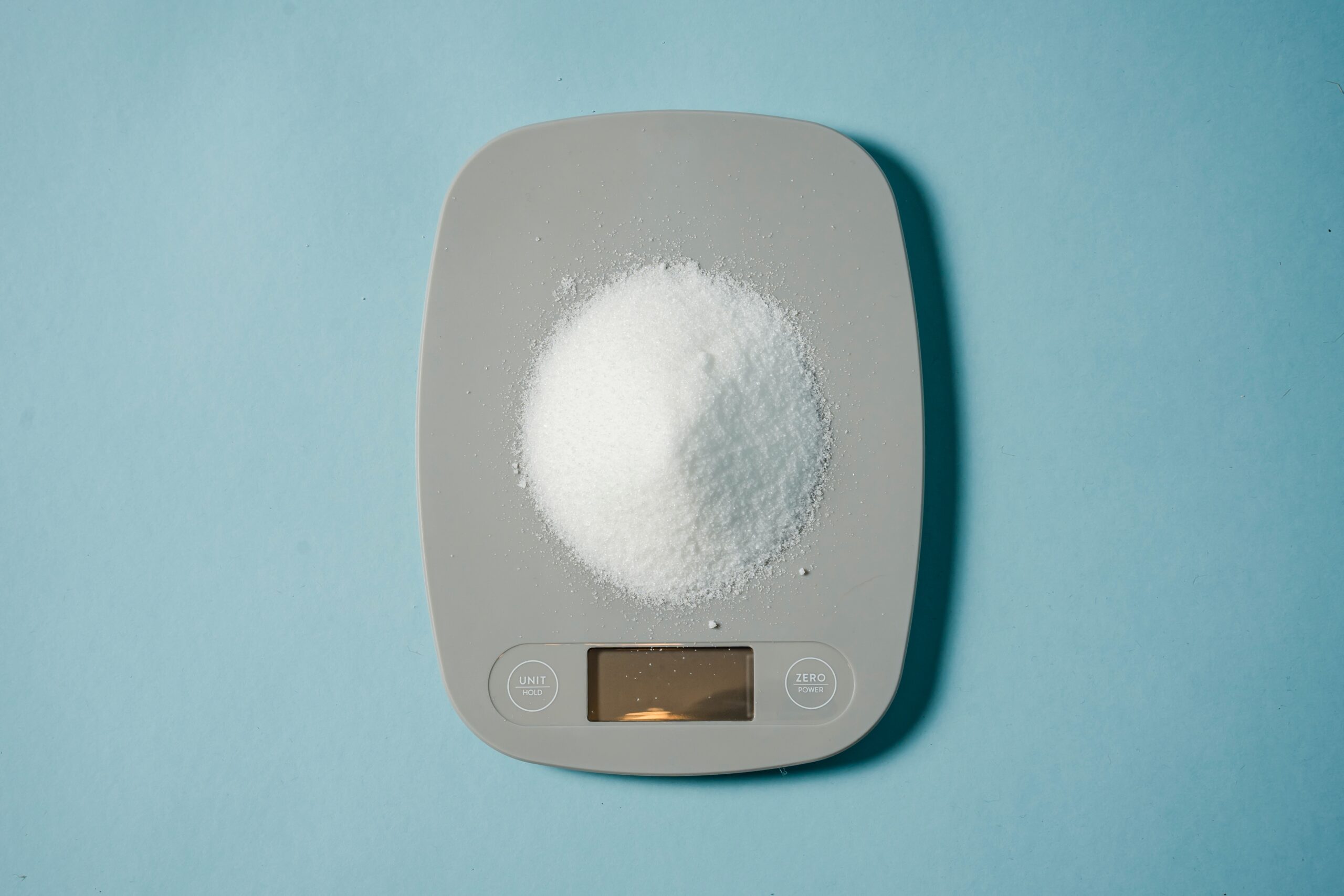Over the past 20 years, sugar has been getting a bad reputation.
Over 60% of processed foods in the United States include added sugars. These added sugars historically come from sugarcane, but since the 1970s, high-fructose corn syrup has been eating away at this market-share of “caloric sweeteners” and now accounts for 40% of the total added sugar in our diet.

Why Do I Crave Sugar?
We all crave sugar but have you ever wondered why?
The flavor of sugar is one of the most appealing for our human taste buds. Our taste buds are designed to gravitate towards sweetness because it is associated with delivering glucose and fructose, simple carbohydrates that our bodies can quickly break down to glucose.
Glucose
The faster our bodies break down the food we eat, the faster it gets converted to glucose. Glucose is the main source of energy for all the cells that allow our bodies to move and generally function. If we generate more glucose than our cells consume, the excess is converted to glycogen and stored in our liver or, with the help of insulin, is converted to fatty acids and stored around our body as fat. Simply speaking, when we eat more than our bodies can burn, that excess energy is turned into fat.

In the US 60% of our population is considered overweight or obese. Sugar and other simple carbohydrates are major contributors to this problem. With these sugars and simple carbohydrates, you have a limited time window to burn the energy before it’s all converted to fat.
Simple Carbohydrate vs. Complex Carbohydrates
So, is sugar bad for you? A great way to approach the answer to this question is by looking at the glycemic index. The higher the food is on the glycemic index, the less time you have to burn those calories. So, if you plan on having a meal and being sedentary for the next 2 or 3 hours, simple carbohydrates are probably not the best way to go – all that energy will be converted to fat by the time you start moving again, and you will probably be hungry.
On the other hand, if you are about to run a marathon, simple carbohydrates are a good way to provide your body immediate access to energy during your run.
Balancing Your Blood Sugar Levels
Sugar gets a bad reputation because we are human after all – it just tastes so good. When we are hungry, our bodies need accessible energy to replenish our glucose levels. Simple carbohydrates and sugars are great for this. In order not to gain fat (or gain weight from our diets) we also need to consider how much energy we will burn until our next meal. If you want to feel energized (or have consistent blood sugar levels around 100 mg/dl) for the next 5 hours, consuming a balance of high, medium, and low glycemic foods is important for this feeling.
Without that balance, your blood sugar imbalance is going to tempt you to snack on some simple carbohydrates and sugars.

Sugar Alternatives
If you have a sweet tooth, there is a growing market for non or low-calorie sweeteners. These sweeteners can provide a similar flavor but without quick-burning energy. Monk fruit, stevia, sucralose are great examples. While they don’t provide the exact flavor, they serve a purpose in helping reduce calorie consumption and weight gain.
I hope this helps provide some perspective on how we look at sugar in our diet. Sugar serves a purpose for taste, and in our case, texture for the caramelization of our nuts, as well as nutrition. We just need to be conscious of how our bodies use this energy and the time frame we do so!












